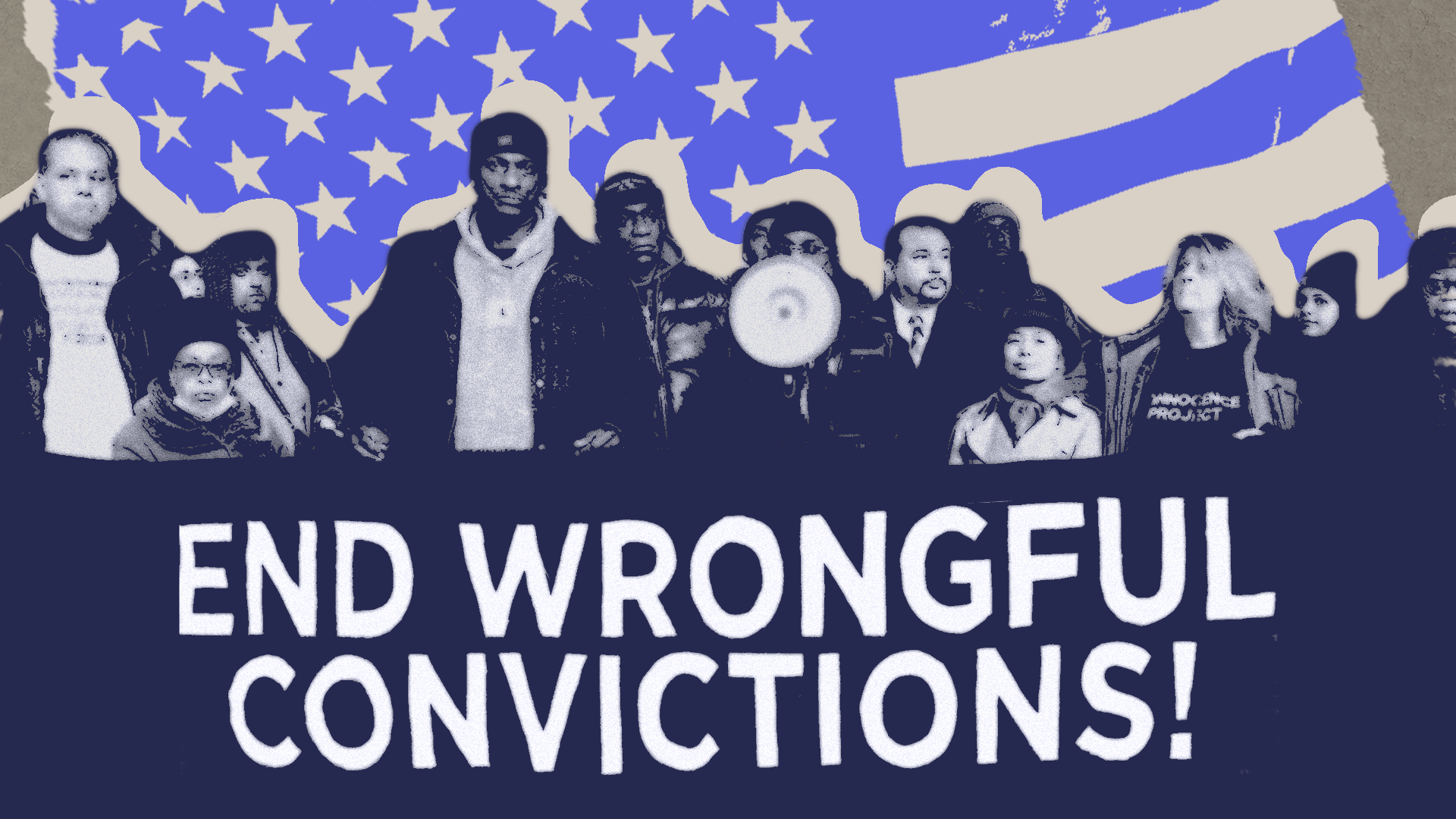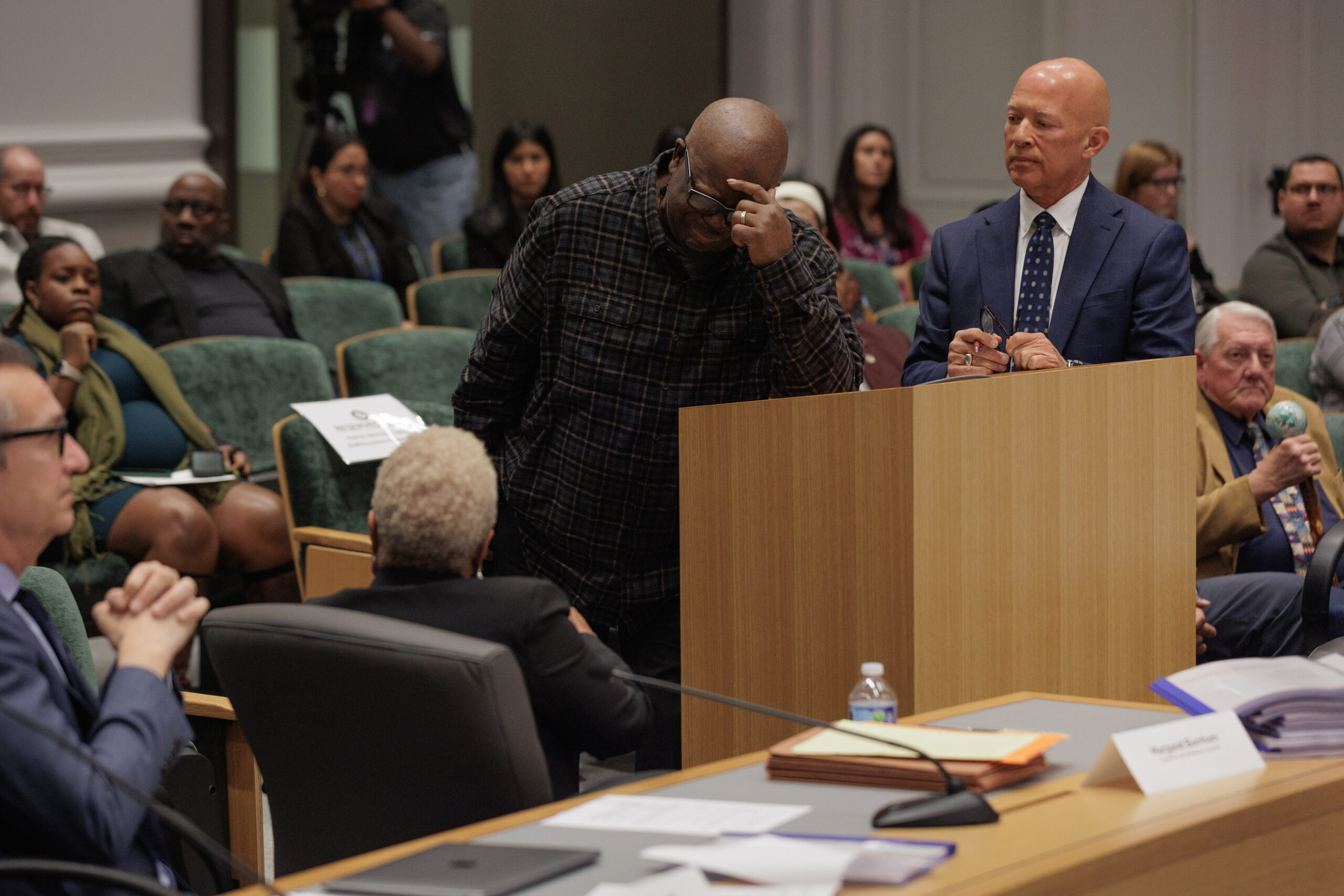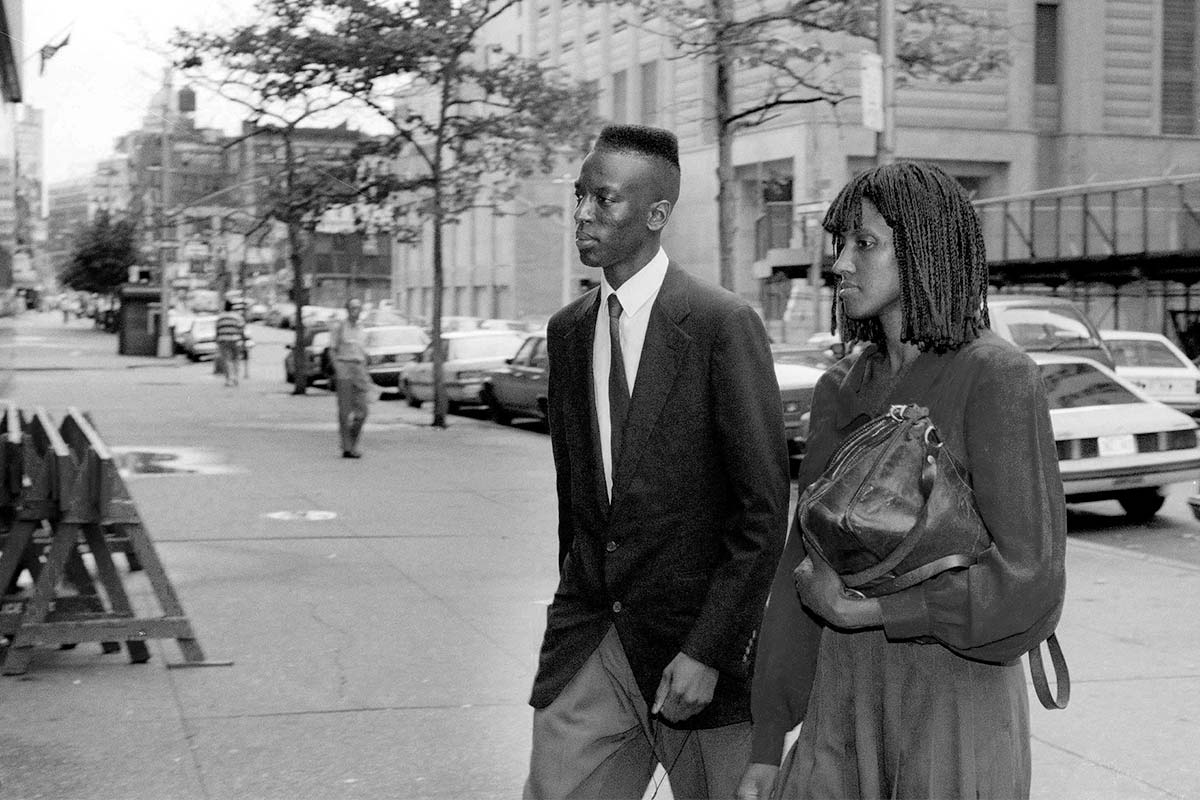We’re Keeping Our Eyes on the Prize
No matter the politics of the moment, we doubled down on fairness, accuracy, reliability, and accountability in the administration of the criminal legal system. Today is no different.
02.11.25 By Christina Swarns
Five hours after Robert Roberson was scheduled to be executed in October, the Texas Supreme Court issued a rare reprieve. It granted a stay of execution in response to a request submitted by a courageous group of bipartisan lawmakers, led by Republican Representative Jeff Leach and Democratic Representative Joe Moody, who are united in the belief that Mr. Roberson was wrongfully convicted based on the now widely debunked theory of shaken baby syndrome.
The actions of these lawmakers — and the broad cross-section of people and organizations across the world who also rallied in support of Mr. Roberson — demonstrate the continued urgency and vitality of our mission to free the innocent, prevent wrongful convictions, and create fair, compassionate and equitable systems of justice for everyone.
For the last 33 years, this organization has consistently advanced the fight for justice, even through wide swings of the political pendulum: from decades characterized by mass incarceration, the War on Drugs, and “tough-on-crime” policies to years that saw the emergence of progressive prosecutors, conviction integrity units, and the enactment of federal wrongful conviction legislation. No matter the politics of the moment, we doubled down on fairness, accuracy, reliability, and accountability in the administration of the criminal legal system.
Today is no different.
We fight for innocent people convicted of crimes even, for example, as law enforcement agencies embrace unreliable and inaccurate forensic investigative tools such as facial recognition software and other artificial intelligence-based tools and as calls to expand the death penalty intensify.
We know that law enforcement reliance on facial recognition software has already resulted in wrongful arrests. We also know that some AI-powered gunshot detection systems have high error rates and can trigger alarms that, when combined with other biases in police decision-making, cause wrongful arrests and detentions. We therefore push for transparency, regulation and oversight of these technologies in order to protect the presumption of innocence and to prevent innocent people from being arrested, prosecuted, and convicted of crimes they did not commit.
We know that many of the risks of wrongful conviction are heightened in the capital punishment system. We recently witnessed this firsthand in the case of our client, Marcellus Williams, a Black man who was executed for the murder of a white woman, even though no DNA evidence linked him to the crime. His wrongful conviction was the product of unreliable testimony of incentivized witnesses and racial bias in jury selection. Like the convictions and death sentences of Rodney Reed, Richard Glossip, and Jimmie “Chris” Duncan, all of whom have strong evidence of innocence, it stands as a stark reminder that systemic flaws undermine the administration of the death penalty. Amid efforts to expand capital punishment grow at the state and federal levels, we represent people on death row with strong evidence of innocence and support coalitions working to end the death penalty.
Our goal is to see an end to the crisis of wrongful conviction. So we also fight to identify and correct the root causes of wrongful conviction and expand pathways to justice for wrongly convicted people. Just last year, we partnered with the Great North Innocence Project in Minnesota to ban the use of deception in police interrogation of children, a practice that is known to cause false confessions. In Colorado, we secured a court ruling that recognizes the unreliability of in-court toolmark testimony and creates a pathway to freedom for other people who were wrongly convicted of crimes based on such evidence. And we worked with the Oklahoma Innocence Project to pass legislation that allows a prosecutor to ask a court to vacate a conviction where strong evidence shows that a wrongful conviction occurred.
We’re keeping our eyes on the prize.
We will continue to work with a broad cross-section of individuals and organizations to expose, correct, and prevent wrongful convictions, including by ensuring that science is applied fairly and accurately in our criminal legal systems.
Thank you for standing with us as we strive for a future where no innocent person is ever at risk of wrongful conviction.
Leave a Reply
Thank you for visiting us. You can learn more about how we consider cases here. Please avoid sharing any personal information in the comments below and join us in making this a hate-speech free and safe space for everyone.
February 16, 2025 at 3:51 am
February 15, 2025 at 9:25 pm
Thank you all for your commitment to this battle against a flawed criminal justice system. It is heartening, with so much going wrong in this country of ours, to read about your determined work both on specific rescues of falsely accused people and on the underlying legal distortions.




I impressed by the work you do, and fervently wish you all success for the future.